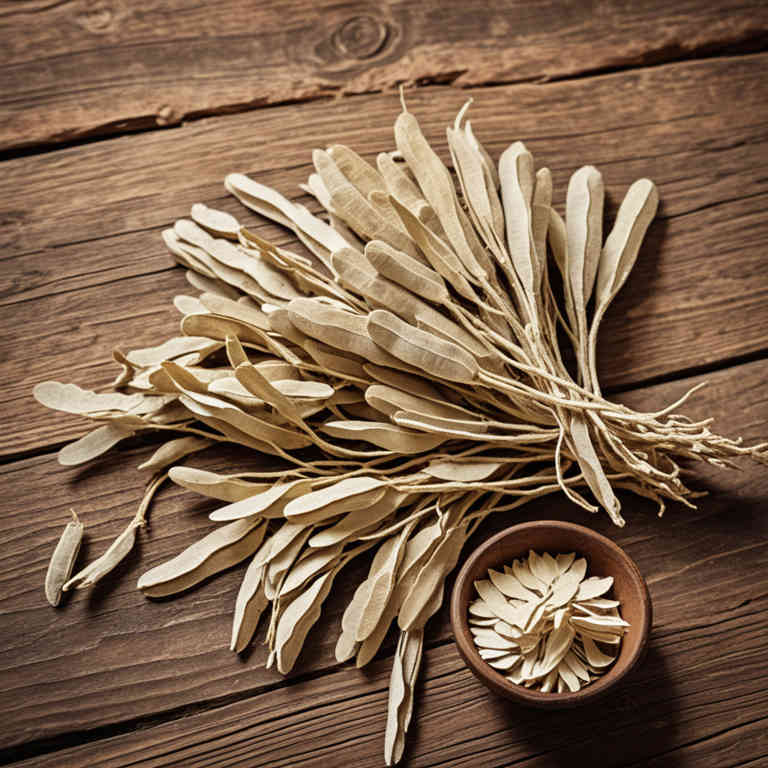Astragalus membranaceus mucillage for medicinal use

Astragalus membranaceus mucillage is a viscous, gel-like substance derived from the root of the Astragalus membranaceus plant, commonly known as Huang Qi in traditional Chinese medicine.
This preparation is rich in polysaccharides, amino acids, and other bioactive compounds that contribute to its therapeutic properties. In herbalism, it is used to support immune function, enhance vitality, and promote overall wellness. It is often incorporated into tonics and formulations aimed at improving energy levels and resilience to illness.
The mucilage's soothing properties also make it useful in formulations for respiratory and digestive health.
Uses
Astragalus membranaceus mucillage has been used to support immune function and promote vitality in traditional Chinese medicine for centuries.
Historically, it was valued for its ability to enhance energy and resilience, particularly during times of illness or stress. In traditional practices, it was often combined with other herbs to treat respiratory infections and boost overall health. Modern research suggests that the mucilage may have anti-inflammatory and immunomodulatory properties, leading to its use in contemporary herbal supplements.
However, further studies are needed to fully understand its potential therapeutic applications.
Benefits
Astragalus membranaceus mucillage has health benefits such as enhancing immune function, reducing inflammation, and supporting respiratory health.
This traditional Chinese medicine is known for its ability to boost the body's natural defenses and may help in preventing and managing infections. The mucilage content provides a soothing effect, making it beneficial for conditions like coughs and bronchitis. It also has antioxidant properties that may contribute to cellular health and longevity.
Overall, it is valued for its potential to promote overall well-being and support the body's healing processes.
Constituents
Astragalus membranaceus mucillage active constituents include polysaccharides, saponins, flavonoids, and amino acids.
These compounds are known to support immune function and enhance cellular vitality. Polysaccharides are particularly noted for their immunomodulatory effects, while saponins may contribute to anti-inflammatory properties. Flavonoids act as antioxidants, helping to neutralize free radicals in the body.
Amino acids in the mucilage can support overall health by contributing to protein synthesis and metabolic processes.
Preparation
To make Astragalus membranaceus mucillage, start by cleansing and drying the root of the plant.
Next, grind the dried root into a fine powder using a mortar and pestle or a spice grinder. Then, place the powdered root in a pot and add enough water to cover it by about an inch. Bring the mixture to a gentle boil, then reduce the heat and let it simmer for approximately 30 minutes.
Finally, strain the liquid through a fine mesh strainer or cheesecloth to collect the mucilage-rich liquid, which can then be used as a remedy or further processed as needed.
Side Effects
Astragalus membranaceus mucillage may lead to gastrointestinal discomfort, including nausea, bloating, and diarrhea, particularly in individuals with sensitive digestive systems.
It may also cause allergic reactions in people sensitive to plants in the legume family. Long-term use could potentially interfere with immune system function, leading to overactivity or suppression. There is limited research on its effects during pregnancy and breastfeeding, so caution is advised.
Always consult a healthcare professional before using this preparation, especially if you have pre-existing medical conditions or are taking other medications.